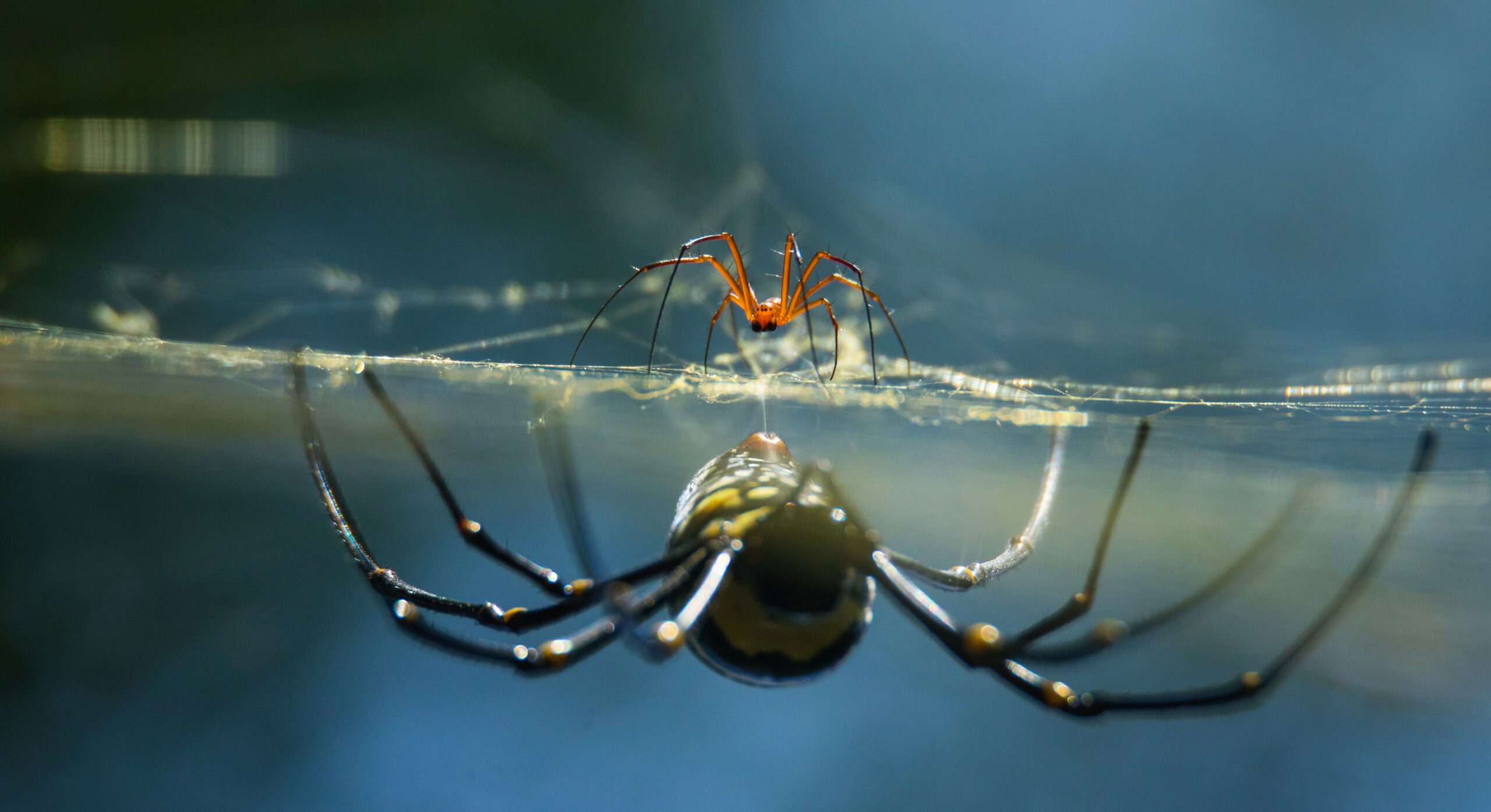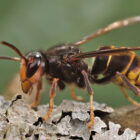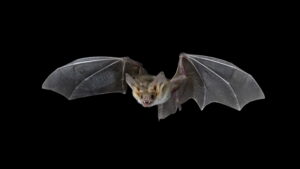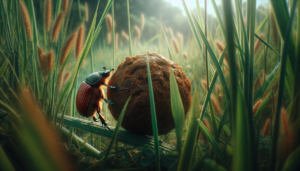Why do female praying mantis kill males after sex?
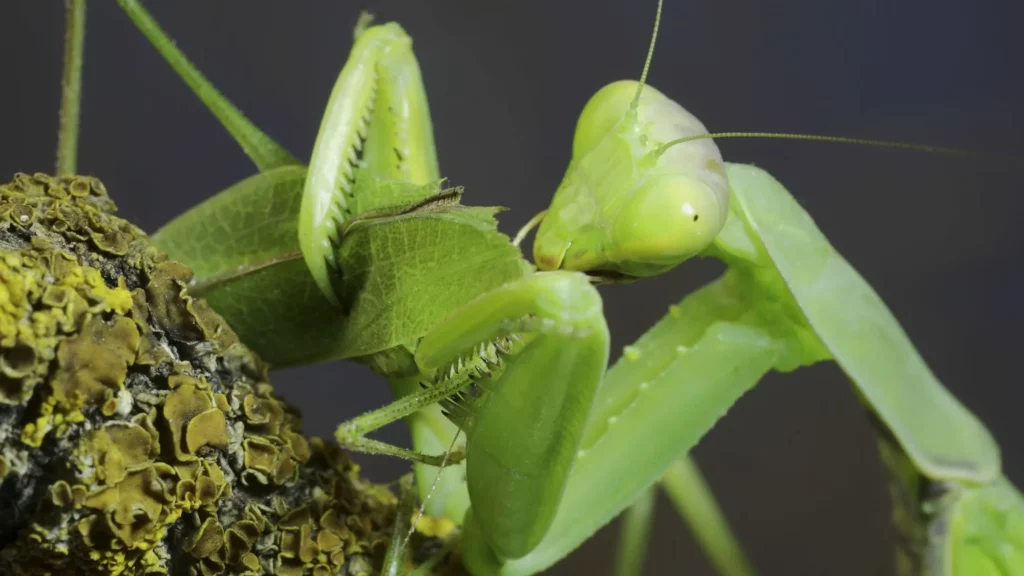
The ritual of female praying mantises consuming their mates after copulation has long fascinated and intrigued scientists and laypeople alike. This behavior, termed sexual cannibalism, has sparked curiosity and debate surrounding its evolutionary significance and underlying reasons.
Sexual Cannibalism in Praying Mantises
Praying mantises exhibit a unique courtship ritual, characterized by males cautiously approaching the female to engage in copulation. In species such as the European mantis (Mantis religiosa) and the Chinese mantis (Tenodera sinensis), the female may launch a predatory attack on the male during or after mating, often resulting in his consumption.
Nutritional Benefits or Mating Strategies?
The hypothesis proposing nutritional benefits from the consumption of the male after mating has been a prominent explanation for sexual cannibalism in praying mantises. The male’s body serves as a valuable nutrient source for the female, potentially aiding in egg production and the development of the female’s future offspring. Proteins and nutrients gained from consuming the male may offer the female a substantial advantage in sustaining her reproductive efforts.
While this hypothesis seems plausible, it’s important to note that the evidence supporting the nutritional gain from male consumption in praying mantises varies across species and environmental conditions. In some instances, the nutritional contribution from the male might not significantly impact the female’s reproductive success.
Moreover, researchers have observed that not all female mantises consume their mates after copulation. The behavior might be more common in laboratory settings or specific environmental conditions rather than in natural habitats. Therefore, the nutritional benefits theory might not universally apply to all instances of sexual cannibalism in praying mantises.
In contrast, the idea of sexual cannibalism as a mating strategy or adaptive behavior could offer a more intricate explanation. Consuming the male might influence the female’s reproductive success or contribute to the survival of her offspring. Some researchers propose that this behavior might serve as a method for females to ensure a higher investment in their eggs.
The varying prevalence of male consumption after mating among different mantis species and its contextual dependence suggest that the behavior might not be solely about nutritional benefits but could encompass a more intricate mix of reproductive strategies or behavioral adaptations in response to ecological conditions, mating rituals, or individual behaviors.
Increased Reproductive Success
One of the intriguing hypotheses surrounding sexual cannibalism in praying mantises is that the consumption of the male post-copulation may contribute to the female’s increased reproductive success. This theory suggests that by consuming the male, the female mantis gains several potential advantages that could enhance her reproductive fitness and the survival of her offspring.
Resource Acquisition for Egg Production
Upon consuming the male, the female may obtain essential nutrients that could facilitate the production of a larger egg mass or improve the quality of the eggs. Proteins and nutrients acquired from the male’s body might be allocated towards egg production, potentially leading to larger and healthier egg clutches, thus enhancing the female’s reproductive success.
Energy Reserves and Offspring Survival
Furthermore, the additional energy and nutrients gained from consuming the male could serve as reserves for the female. These reserves might be utilized during periods of low food availability or during the incubation of eggs. This potentially increases the survival rates of the hatchlings, contributing to the female’s overall reproductive success.
Evolutionary Adaptations
From an evolutionary standpoint, sexual cannibalism might influence male mating strategies. Males might have developed adaptive behaviors, such as longer copulation durations or altered courtship rituals, to minimize the risk of being cannibalized or to ensure their genes are successfully passed on to the next generation.
Consuming the male might also provide genetic benefits. By ensuring that the male’s genes are utilized for fertilization, the female guarantees the successful transmission of preferred or high-quality genetic material to her offspring. Additionally, the female may use stored sperm from the consumed male for future fertilizations, optimizing the genetic diversity of her offspring.
Scientific Investigations and Observations
Researchers and entomologists have conducted comprehensive studies, both in controlled laboratory settings and in the field, to gain a deeper understanding of the behavior and its potential adaptive significance.
William Brown, a notable entomologist, has contributed extensively to the study of praying mantises. His research focused on the reproductive behaviors of various mantis species, investigating the factors that trigger sexual cannibalism and exploring its implications for mating strategies and reproductive success.
Michael Maxwell, recognized for his work in evolutionary biology, has conducted studies on sexual selection and mating behaviors in praying mantises. His research aimed to elucidate the evolutionary drivers behind sexual cannibalism and the potential impact of this behavior on male-female interactions and reproductive fitness.
The studies have revealed that while sexual cannibalism occurs in certain mantis species, it’s not a universal behavior across all. The prevalence of this behavior varies depending on factors such as species-specific mating rituals, environmental conditions, and individual motivations.
Other research findings also indicate that sexual cannibalism may not always be driven by simple nutritional benefits or increased reproductive success, but rather, could involve a complex interplay of ecological, evolutionary, and behavioral factors.


